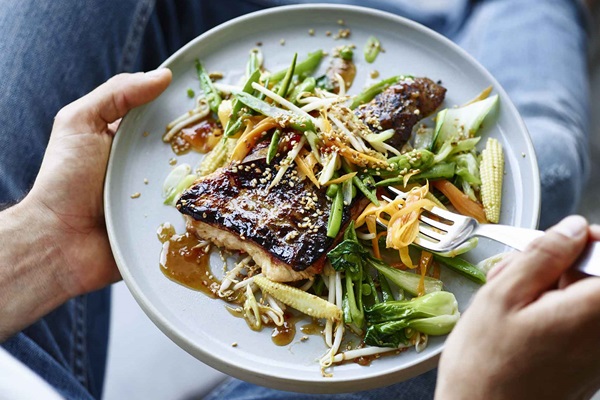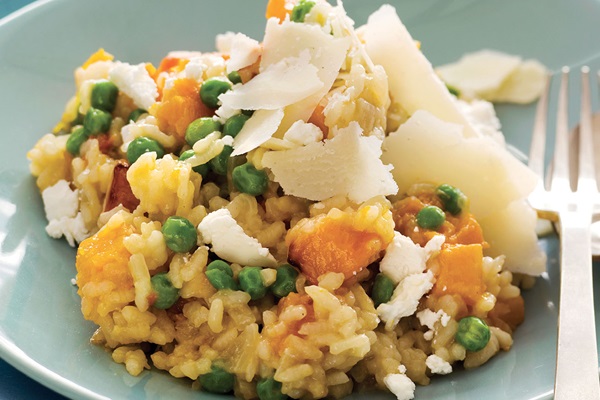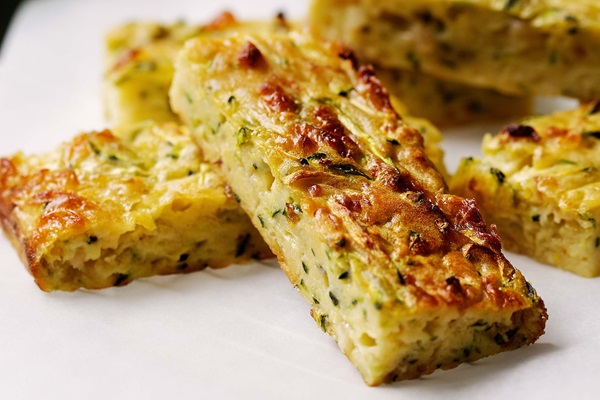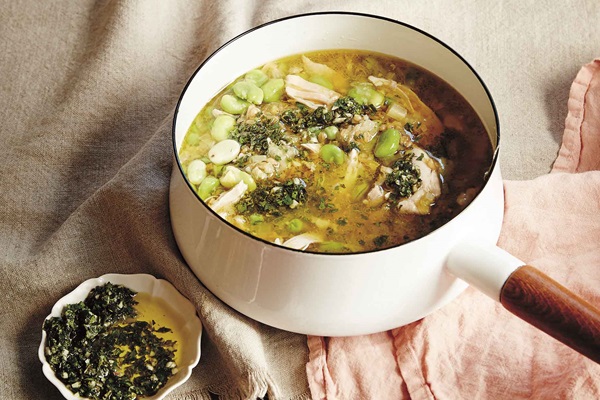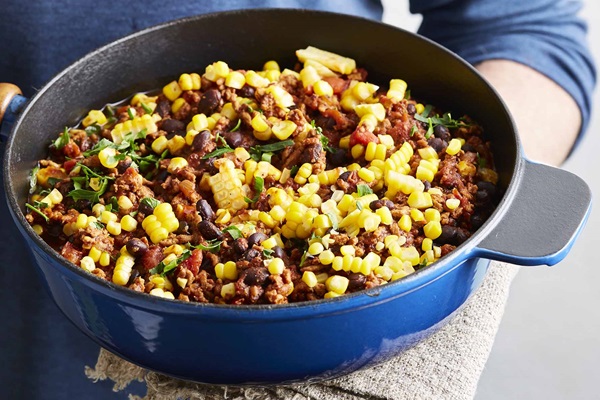-
There is power on your plate; what you eat can help to regulate the immune system, putting up a defence against infection and suppressing allergies and inflammation.
While the term ‘superfood’ gets thrown about – kale, anyone? – as the answer to all health needs, it’s not one food, or even a handful, that support your immune system. Rather, it’s a wide range of nutrient-rich foods, made up of minerals, vitamins and antioxidants, that can help to keep you sniffle-free this winter.
Here are some of the key nutrients to focus on that could help to boost your immunity, and the how to get them.
Zinc
Zinc helps the body to fight off infection , and those who have a shortage may be at greater risk of infection. We don’t produce zinc ourselves, so it needs to be incorporated into our diets.
Good sources of zinc:
- Oysters (the best source by far with 30mg per 90g serving)
- Beef
- Sardines
- Cheese
- Rolled oats
- Pumpkin seeds
The recommended daily intake for adult males is 14mg and for adult females, 8mg (noting this increases while pregnant or breastfeeding).
Iron
Iron deficiency can leave us feeling exhausted, with brain-fog and compromised immunity. Whilst your body can store iron, it can’t produce it so, like zinc, it needs to be incorporated into our diets.
Good sources of iron (easily absorbed):
- Red meat, such as beef and kangaroo
- Chicken
- Salmon
- Organ meats, such as liver and kidney
Plant-based sources of iron:
- Nuts and seeds
- Spinach
- Tofu
Plant-based sources of iron are non-haem iron, which is harder for the body to absorb. Intake of plant-based iron therefore needs to be significantly higher. Other nutrients, such as vitamin C, can help to increase the absorption.
The recommended daily intake for adult males (aged 19-50 years) is 8mg per day and for adult females (aged 19-50 years) 18mg (noting this increases while pregnant and decreases while breastfeeding).
Vitamin C
Perhaps the most well-known of the cold-fighting nutrients, there is some research showing vitamin C may also reduce the length of severe symptoms.
Good sources of vitamin C:
- Citrus fruits, such as oranges and grapefruit
- Kiwi fruit
- Tomatoes
- Broccoli
- Sweet potatoes
The amount of vitamin C food contain can be easily impacted – from seasonality, how it’s cooked, even the materials the food is exposed to, can destroy the vitamin C. So when it comes to vitamin C, fresh, local and seasonal is best .
The recommended daily intake for all adults is the same – 45mg a day. This increases when pregnant or breastfeeding.
Probiotics and prebiotics
Probiotics are helpful bacteria that live in your digestive system and are part of your gut microbiome. Probiotics offer many health benefits when consumed as food including helping your immune system and preventing upper respiratory tract infections.
Good sources of probiotics are:
- Yoghurt
- Sauerkraut
- Miso
- Fermented pickles
- Kombucha
Prebiotics help your probiotics to grow. They are found in high fibre foods, feeding your gut microbiota, helping your immune system and overall health.
Good sources of prebiotics are:
- Fruits
- Vegetables
- Legumes
- Nuts and seeds
Water
Perhaps the unsung hero of a healthy diet, water is essential to many functions of our health. It helps us to digest food and absorb nutrients, moisten our eyes, nose and mouth, protect our organs and tissue – and so much more.
We get about 20% of food water from the foods we eat, with the rest from liquids we drink.
The recommended total water intake (foods and fluids) is 3.4L for adult males and 2.8L and adult females (noting this increases if pregnant or breastfeeding).
Also, if you have the flu-induced sweats from fever, you may need extra fluids .
The best immunity-boosting foods

* Must be 16 years or over to register for Medibank Live Better rewards in the My Medibank app. Some program partners and earning activities require a person to be at least 18 years of age to be eligible to earn and/or redeem a reward. Must be a Medibank member with hospital cover, extras cover, or hospital and extras cover, and be up-to-date with premium payments. Excludes Overseas Student Health Cover (OSHC), Ambulance only cover, ahm covers and other selected covers. Live Better Management Pty Ltd, ACN 003 457 289 has entered into commercial arrangements with Medibank Live Better program partners and may receive commissions. Please choose carefully as rewards will not be amended, cancelled, exchanged or refunded due to change of mind. Points earning activities and rewards are subject to change without prior notice and may be subject to availability. Additional terms and conditions may apply to points earning activities and rewards. See full Medibank Live Better rewards terms.
-
Crispy cod with teriyaki and sesame stir-fry recipe
A light and juicy dish, perfect for easy dinners.
-
Baked chicken and pumpkin risotto
Hearty risotto recipe with baked chicken and pumpkin.
-
Zucchini slice for babies recipe
A healthy slice made with kids in mind
-
Chicken broth with wheat and spring vegetables recipe
Chicken broth with broad beans, peas and nutty wheat grain.
-
Dot’s Koeksisters (South African Doughnut) recipe
These South African doughnuts are traditionally eaten on a Sunday morning. One day a week just doesn’t seem enough!
-
Pork with rice and black beans recipe
A twist on chilli con carne, spiced with delicious smoked paprika and cumin.
